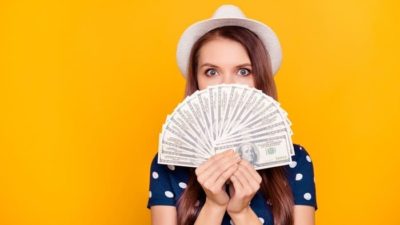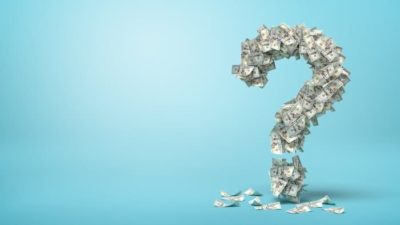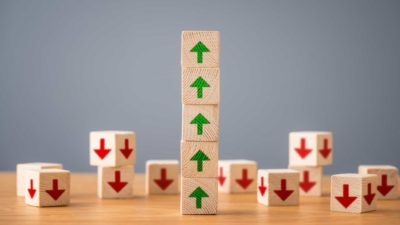Warren Buffett — chair and CEO of Berkshire Hathaway Inc (NYSE: BRK.A)(NYSE: BRK.B) — released his annual letter to shareholders on the weekend. While, as usual, it contained several interesting observations and feel-good stories about Berkshire and the companies that inhabit the sprawling conglomerate, it also contained an interesting nugget for investors. Berkshire has famously never paid a dividend since 1967, even though it has buckets of cash on its books. It could probably choose to be one of the highest-yielding dividend stocks in America if Buffett chose. Instead, it steadfastly refuses to turn into an income share.
But Warren Buffett has turned to another method of redeploying Berkshire's massive cash pile into meaningful returns for its shareholders.
Berkshire buys its own stock back
In his letter over the weekend, Buffett made several comments about Berkshire's share buyback program. Some of it is summed up below:
Last year we demonstrated our enthusiasm for Berkshire's spread of properties by repurchasing the equivalent of 80,998 'A' shares, spending $24.7 billion in the process. That action increase your ownership in all of Berkshire's businesses by 5.2% without requiring you to so much as touch your wallet. Following criteria Charlie [Munger] and I have long recommended, we made those purchases because we believed they would both enhance the intrinsic value per share for continuing shareholders and would leave Berkshire with more than ample funds for any opportunities or problems it might encounter.
US$24.7 billion is a lot of money, even for Berkshire Hathaway. So Buffett must have thought it was worth it. Why spend that US$24.7 billion on buybacks and not dividends?
Well, a share buyback also increases a shareholders' ownership of the company, as Buffett alludes to above. If I own 1 share of a business that only has 5 shares, I own 20% of that business. But if another investor in that business decides to sell their one share back to the company, there are now only 4 shares. I still own my 1 share, but that one share now represents 25% of the business. My wealth has increased. That is exactly what Berkshire has been doing for its own shareholders. Here on our own ASX, the share price of Ansell Limited (ASX: ANN) is jumping today because the company announced its own share buyback.
Buffett: buybacks beat dividends
This method of capital return is better from a tax perspective for one. In the US, there is no system of franking. So when a shareholder receives a dividend, it effectively gets taxed twice. Once at the corporate level, and once at the personal income tax level. But if Berkshire decides to buy back shares instead of paying a dividend, an owners' shares automatically go up in value without any need to pay any tax. It's effectively a tax-free gain (at least until I have to sell my shares). Even on the ASX, we have to pay tax once on a franked dividend.
Additionally, and as Buffett mentions, if a company's management can choose to buy back shares at a price they believe is cheap, you can add even more value to shareholders' pockets. That's why Buffett went on to say the following in his letter:
In no way do we think that Berkshire shares should be repurchased at simply any price. I emphasize that point because American CEOs have an embarrassing record of devoting more company funds to repurchases when prices have risen than when they have tanked. Our approach is exactly the reverse.
Evidently, Buffett thought that the price Berkshire could net for purchasing its own stock was a 'good deal'. And, if history is anything to go by, it probably was.
Foolish takeaway
Everyone loves a dividend. But sometimes, there are other ways a company can reward shareholders that are less obvious and blunt than sending its profits out the door as dividends. If I was a shareholder in Berkshire, I would be very pleased with what Buffett announced over the weekend.








